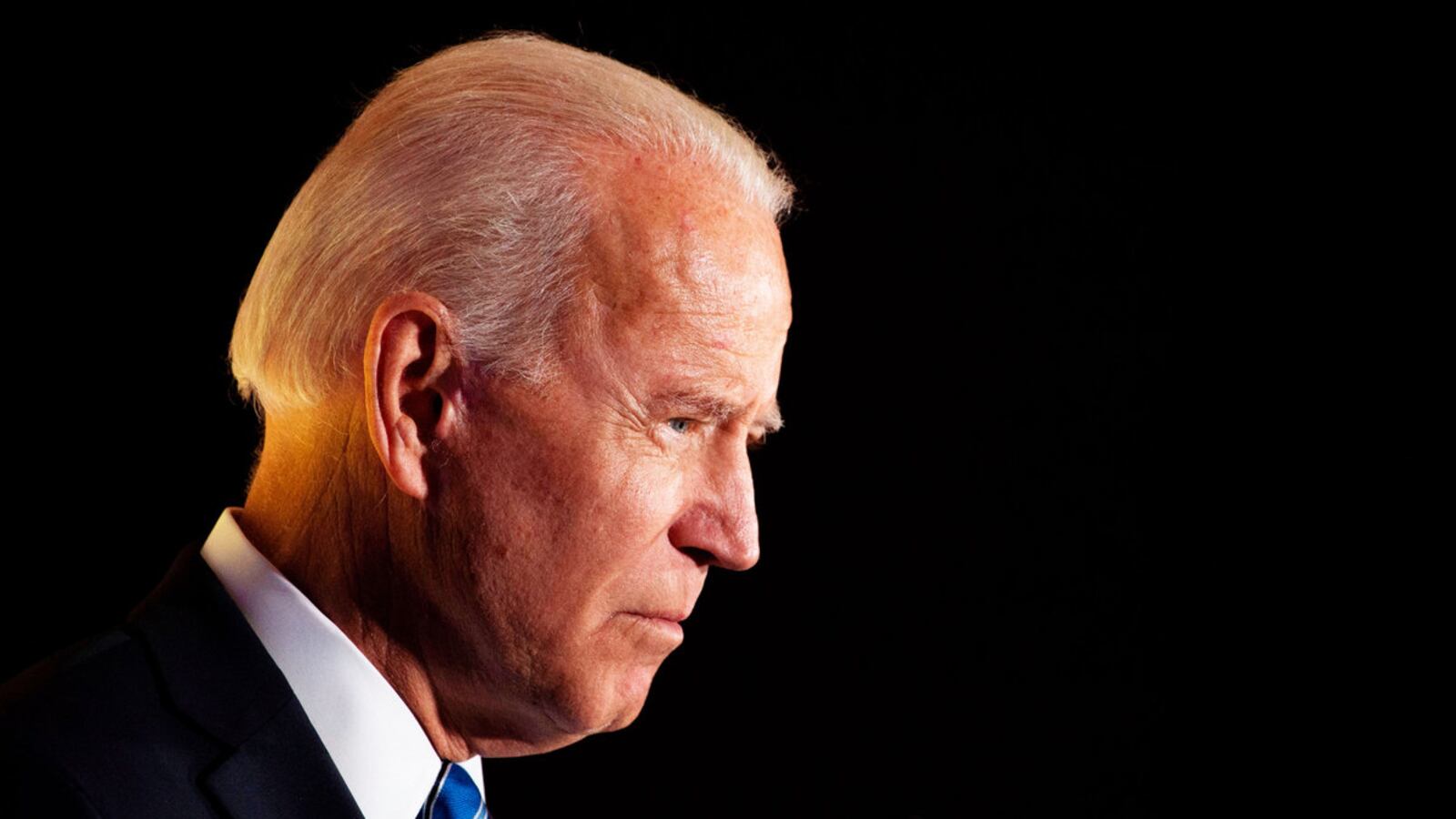What we have here is failure to communicate.
I’m talking about the Biden administration’s tendency to issue confusing statements and then walk them back and clarify what they really meant. One minor, but recent, example involves the wearing of masks. As David Leonhardt writes in The New York Times, “The White House added to the confusion” on Tuesday by emailing staffers and telling them they would have to again wear masks. “The email explained that the C.D.C. had recently upgraded Washington, D.C., to having ‘substantial’ transmission, from ‘moderate,’” the article continues. However, “The online C.D.C. map… still showed the city as yellow, meaning it had only modest transmission.”
Did the White House get it wrong? Was the CDC map simply out of date? Does the email hint at vaccine mandates for all federal workers? It’s not clear—and that’s my point. “Clear messaging is one of the most powerful tools that public health officials have,” Leonhardt writes, “but only when they use it. And the CDC and the Biden administration did not do so.”
My guess is that Biden will eventually clarify this, as he so often does or has his spokespeople do for him. But clarifying things is one way of cleaning up a mess, which means there was a mess to begin with—as we saw again on Thursday when Biden stepped on his own vaccine announcement for a confusing argument with a reporter as he walked away at the end of his event. We have enough existing messes to clean up without manufacturing new ones. This president loves to say “let me be clear” but he’s often anything but clear—including on critical matters of public health.
It has gotten to the point that even those of us predisposed to want to “follow the science” are often left confused and demoralized, like someone who just ran their first 26.2-mile marathon, only to be told there are a couple of miles left to go.
Just imagine the toll this takes on people who were already predisposed to distrust the experts on things like, I don’t know, whether to get vaccinated. The point is, anything that introduces doubt—anything that portrays experts as incompetent, inept, impotent, or corrupt—greatly damages the moral authority needed to wage a health campaign of this magnitude. There is little room for error, and our president and the experts he’s relying on have not pitched a perfect game. Far from it.
Let me be clear: It’s clear that the Biden administration is a tightly disciplined messaging operation headed by a guy who can’t keep his shit together. This is not necessarily about age: Biden has always been a gaffe machine, and Republicans cynically using every slip of the tongue to groundlessly suggest that the president is senile aren’t just poisoning the waters, they are inoculating Biden from legitimate criticism in the process.
Donald Trump said worse. Maybe just not being Trump will continue to be enough to sustain the support of Biden’s base. But if, like me, you believe that words matter, and that a leader’s ability to communicate eloquently is a significant part of the job, then it’s clear that Biden isn’t just missing opportunities to solve problems (such as our polarization), and isn’t just wasting time and energy on damage control. He is, at times, creating needless new problems.
And these issues extend beyond the virus. In recent weeks, Biden has walked back comments saying that Facebook is “killing people.” It took him three days to clarify that statement. “[I]nstead of taking it personally,” Biden said that he hopes the company will do a better job of policing misinformation about COVID-19. He ended up making a pretty defensible point, and people seem to be grateful for his willingness to clarify.
But if you thought Trump’s shoot-from-the-hip rhetoric about his adversaries was dangerous, promiscuous, and provocative, then Biden’s comments would certainly qualify as being in the same category. Is it wrong to expect a president to be more prudent and careful with his language?
Biden also famously walked back deal-breaking comments saying that the bipartisan infrastructure deal was linked to the reconciliation plan—and he seems to have gotten away with that explanation, too. He’s lucky. What Biden did was to seemingly pull the rug out from under Republicans who were already putting their careers on the line by working across the aisle with him. In so doing, he risked undermining his own landmark legislation. As CNN’s Stephen Collinson noted, “Joe Biden’s cherished bipartisan infrastructure plan was nearly destroyed by a few of his own ill-chosen words…”
A White House press release at the time said that “President Biden believes that we are at [an] inflection point between democracy and autocracy. At this moment in our history, President Biden believes we must demonstrate to the world that American democracy can deliver for the American people.” That’s a lot of pressure to put on an infrastructure deal, but with stakes that high, you’d think he would be a little more careful.
And a few weeks ago, in response to a question about Afghanistan, he called a reporter’s inquiry a “negative” question, before immediately changing it to the word “legitimate.” But he still ducked a serious question about a policy that could likely lead to Taliban forces retaking the country (among other negative consequences). “I want to talk about happy things, man,” he said, waving away the question. “Look, it’s Fourth of July.”
But let’s be honest: if Trump did this, people would be all over him.
My guess is that many Americans and nearly all of the press corps have decided that Biden is as good as it gets. “You go to war with the army you have, not the army you might want or wish to have at a later time,” in the words of the late Donald Rumsfeld. But that’s a sad commentary on the state of our country.
Imagine if we had confronted the COVID-19 crisis with a leader who had the moral authority and the rhetorical eloquence to lead and communicate. Winston Churchill, it is said, “mobilized the English language and sent it into battle.” Is it asking too much for America to have a president who isn’t evil and can also string together a few sentences without having to “clarify” them a few days later?
I hope not, but, like the movie says, “some men, you just can’t reach.”



